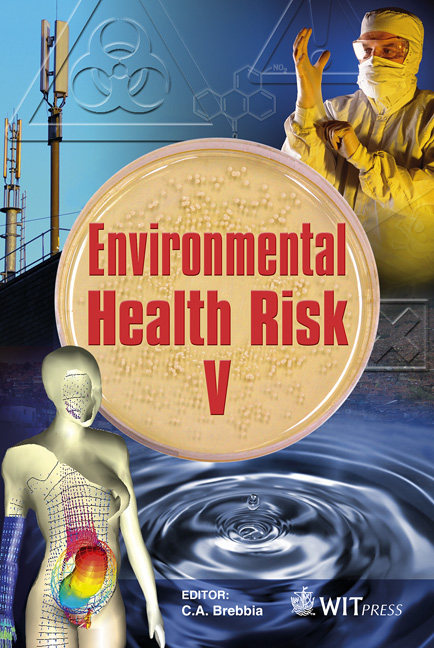Air Pollution Monitoring And Evaluation Framework For South Africa: Prioritizing Vulnerable Communities
Price
Free (open access)
Transaction
Volume
14
Pages
10
Page Range
55 - 64
Published
2009
Size
323 kb
Paper DOI
10.2495/EHR090061
Copyright
WIT Press
Author(s)
C. Wright
Abstract
Air pollution is a serious environmental health threat to humans. Furthermore, the severity of health outcomes associated with air pollution exposure is not uniform within populations. In South Africa, the problem is exacerbated since several vulnerable communities live in close proximity to pollution sources. The National Environmental Management: Air Quality Act No. 39 of 2004 aims to protect the health of South Africans through the implementation of air quality management plans and monitoring programmes. To assess the effectiveness of these actions and implemented mitigation measures with respect to health outcomes, specific indicators are required. Therefore, the aim was to determine South African-appropriate indicators and health data necessary to successfully evaluate efforts to reduce air pollution and associated adverse human health effects, and to consider mechanisms for accessing and integrating these data into a monitoring and evaluation framework. In a preliminary study, a population air pollution exposure and vulnerability risk prioritization model for potential use by municipal air quality managers was developed. The model included vulnerability factors such as poverty, respiratory and other diseases, lack of education and poor living conditions, all of which are important in areas occupied by previously disadvantaged communities. High-risk areas in terms of air pollution health impacts were identified using a set of indicators that assessed air pollution sources, ambient air pollution levels and air pollution potential, as well as community awareness, observations, perceptions and actions. The model was applied to the eThekwini Municipality (Kwazulu-Natal Province). Data were extracted from multiple sources for a selection of municipal wards and scored to illustrate categorisation of communities to prioritize those vulnerable
Keywords
air pollution, vulnerability, monitoring and evaluation





